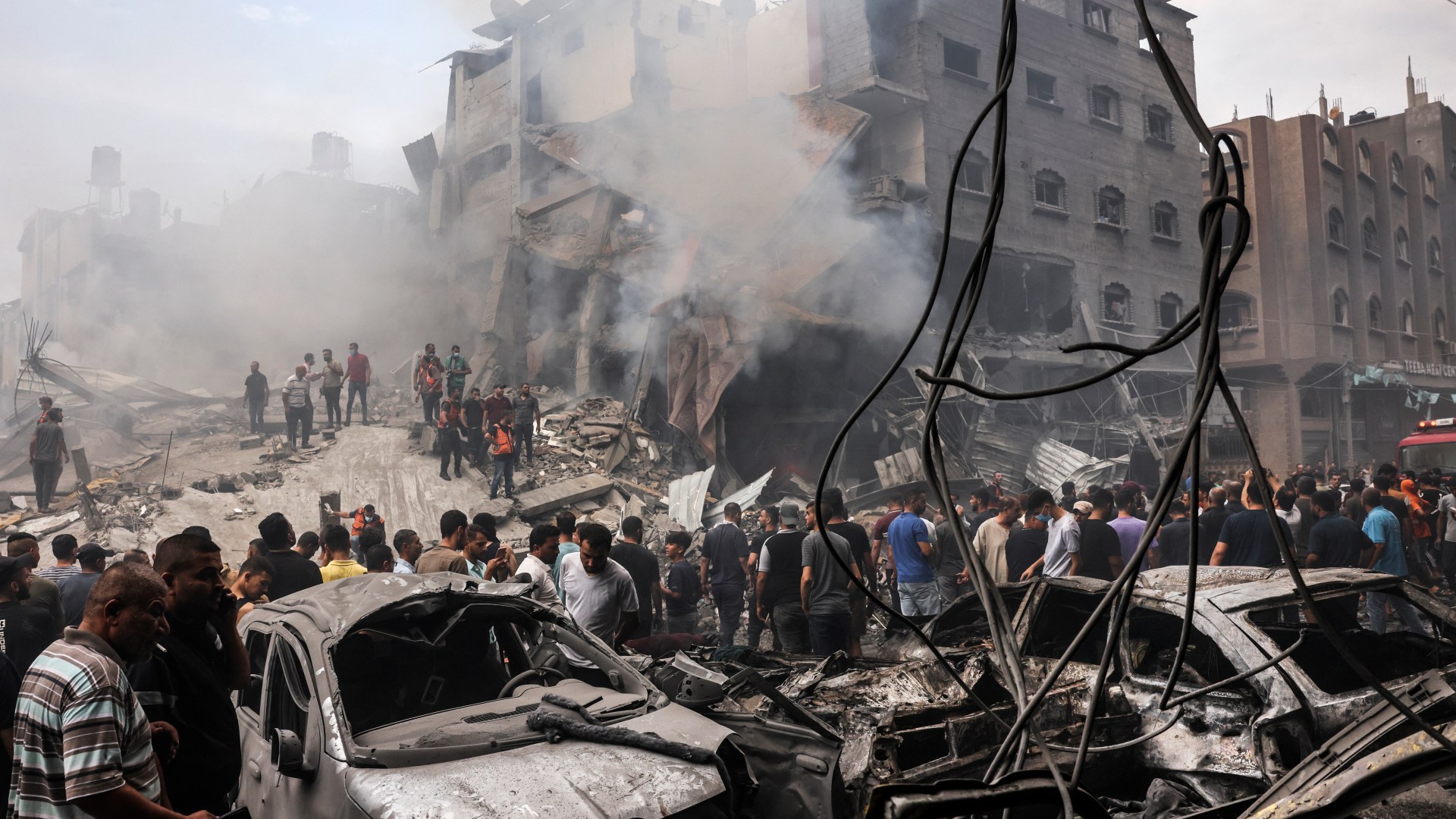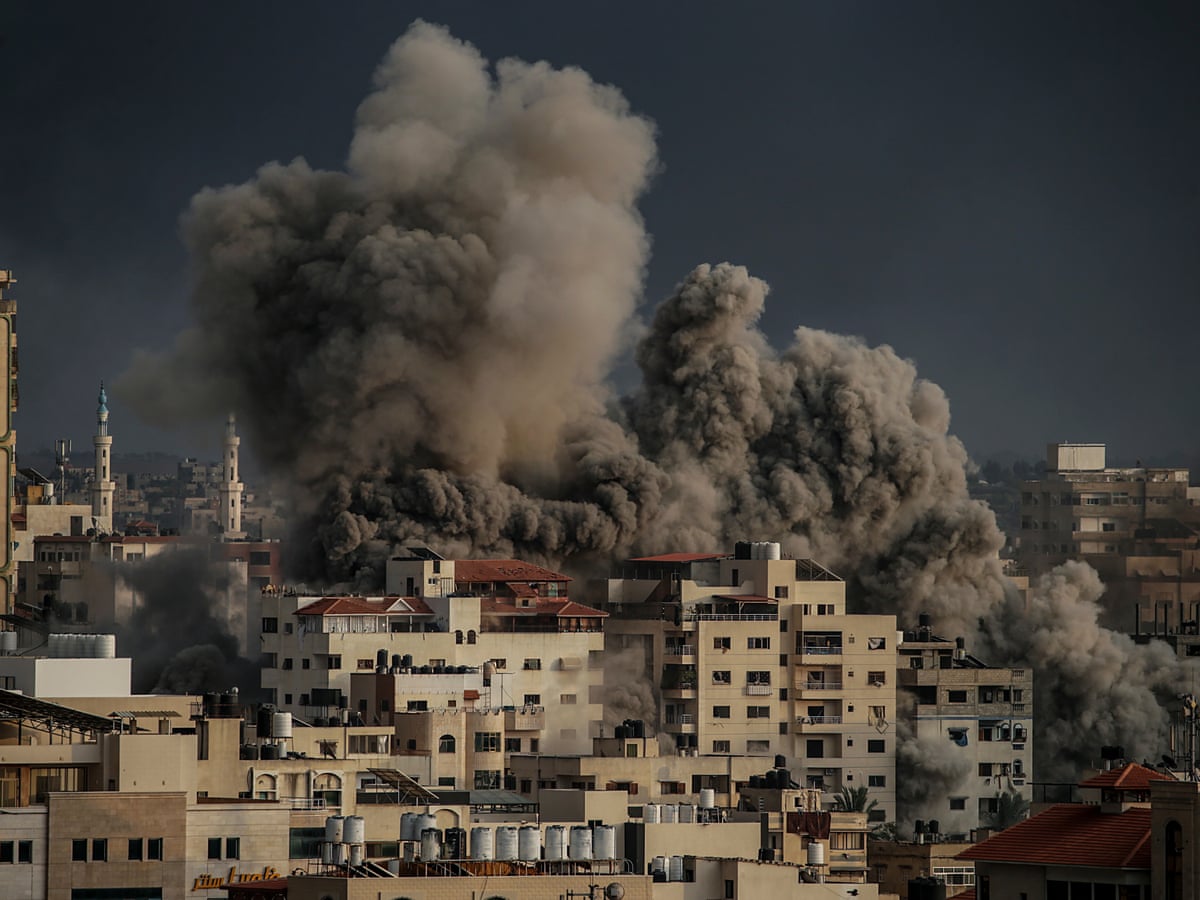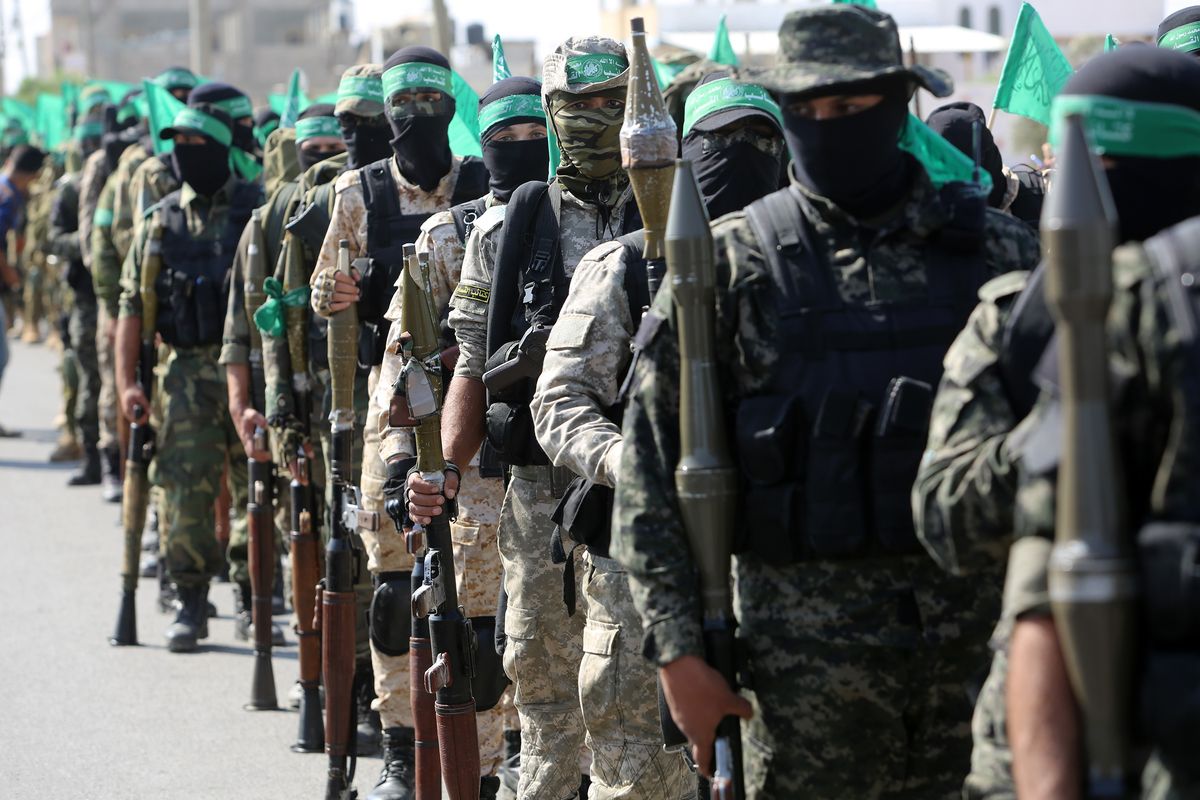International Powers Take Sides: Unveiling Global Support and Opposition Amid Israel-Hamas Conflict

International Powers Take Sides: Unveiling Global Support and Opposition Amid Israel-Hamas Conflict
In the midst of a heated and relentless conflict between Israel and Hamas, a web of international support and opposition has emerged, showcasing the intricate geopolitical dynamics surrounding the situation. With nations such as the United States, United Kingdom, Australia, France, and Norway voicing their solidarity with Israel, and leaders like US President Joe Biden reaffirming their unwavering support, the stage is set for a complex geopolitical struggle. On the other side, Iran has praised Hamas’s actions, while Qatar has pointed the finger at Israel for the escalating violence. The world is watching, and the implications of this regional conflict resonate far beyond the borders of Israel and Gaza.
US Stands Firmly by Israel: “Rock Solid” Support
In a resounding show of solidarity, the United States, under the leadership of President Joe Biden, has reaffirmed its unwavering support for Israel. President Biden, speaking from the White House, labeled the US-Israel alliance as “rock solid.” This declaration comes as no surprise, given the longstanding and robust relationship between the two nations. The US has provided substantial military and financial aid to Israel for decades, viewing the country as a strategic ally in the volatile Middle East.
President Biden emphasized Israel’s right to self-defense while expressing deep concern for the escalating conflict. He acknowledged the indiscriminate rocket attacks launched by Hamas into Israeli territory, which have placed countless lives in danger. The US stance is not only political but also moral, reflecting a commitment to the principle of a nation’s right to protect its citizens from harm.

The UK, Australia, France, and Norway: Expressing Solidarity
While the United States is the most vocal in its support for Israel, it is not alone in this stance. The United Kingdom, Australia, France, and Norway have also expressed their solidarity with Israel during the ongoing conflict.
In the United Kingdom, Prime Minister Boris Johnson stated that Israel has a legitimate right to defend itself against the “barbaric attacks” launched by Hamas. The British government’s position aligns with the principles of self-defense and the protection of civilians.
Australia’s Prime Minister Scott Morrison echoed this sentiment, reiterating his country’s support for Israel’s right to defend itself and expressing concern about the lives endangered by the rocket attacks from Gaza.
France, while emphasizing the importance of a ceasefire and the need for a political solution to the conflict, also acknowledged Israel’s right to self-defense. French President Emmanuel Macron called for de-escalation and a return to diplomatic efforts.
Norway, too, has stood by Israel’s right to defend itself while urging all parties involved to work towards a ceasefire and a negotiated settlement. Norwegian Foreign Minister Ine Eriksen Søreide expressed her deep concern for the suffering of civilians on both sides and underscored the importance of a diplomatic resolution.
Iran’s Praise for Hamas: A Complex Regional Player
On the opposite end of the spectrum, Iran has emerged as a vocal supporter of Hamas. The Iranian government, long at odds with Israel, hailed the rocket attacks launched by Hamas as a “great victory.” Iran has a history of supporting various militant groups in the region and has provided financial and military assistance to Hamas in the past.
Iran’s endorsement of Hamas has added another layer of complexity to the Israel-Hamas conflict. It underscores the broader regional power struggle, with Iran seeking to exert its influence and challenge Israel’s position in the Middle East.

Qatar’s Accusations: Holding Israel Responsible for Escalation
Qatar, a nation in the Persian Gulf, has taken a distinct stance in the conflict, holding Israel responsible for the escalating violence. While Qatar has not openly endorsed Hamas, its position reflects a concern for the disproportionate use of force and civilian casualties in Gaza.
Qatar’s role in the conflict is notable due to its history of engagement with various regional actors, including Hamas, and its mediation efforts in previous conflicts. Qatar’s call for Israel to bear responsibility for the escalation underscores the urgency of addressing the humanitarian crisis unfolding in Gaza.
Global Implications and the Road to Peace
The international response to the Israel-Hamas conflict highlights the intricate web of alliances, rivalries, and political dynamics that shape the region’s geopolitical landscape. It is a stark reminder that this conflict extends far beyond the borders of Israel and Gaza and resonates on a global scale.
The stance of the United States and its support for Israel underscores the enduring strength of this crucial alliance in the Middle East. As the conflict continues, the US will play a pivotal role in shaping the path to peace, acting as a mediator and diplomatic influencer.
The support of the UK, Australia, France, and Norway further demonstrates the international community’s recognition of Israel’s right to self-defense. While these nations emphasize the importance of a diplomatic solution, their collective endorsement of Israel’s actions bolsters its position in the conflict.
On the other side, Iran’s endorsement of Hamas adds complexity to the regional struggle. It highlights Iran’s intention to challenge Israel’s presence in the Middle East and influence events on the ground.
Qatar’s stance serves as a call for accountability and emphasizes the need for international intervention to address the suffering and devastation occurring in Gaza. Qatar’s regional influence and diplomatic endeavors will likely play a role in shaping the path to a ceasefire and long-term peace.

As the conflict continues to unfold, the international community’s response will be closely watched. The global implications of this regional conflict highlight the importance of diplomacy, dialogue, and humanitarian efforts to alleviate the suffering of innocent civilians caught in the crossfire. The road to peace will be a challenging one, but the voices of support and opposition from around the world will undoubtedly shape the way forward.




